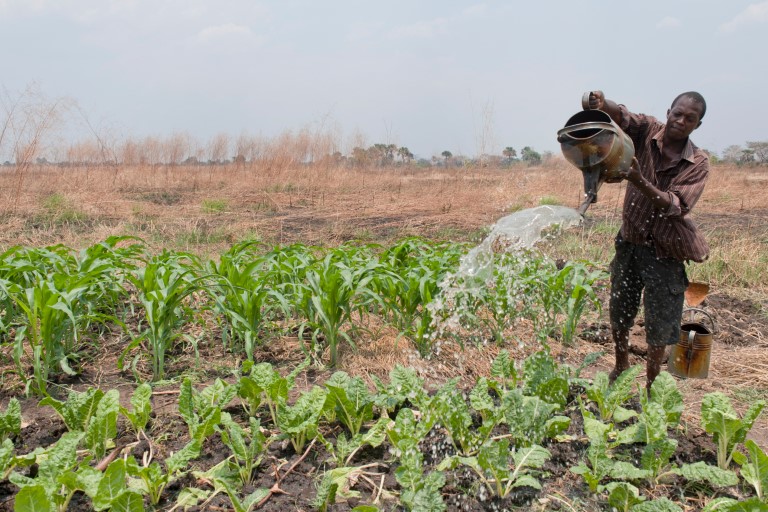Conservation Agriculture gains ground in Africa
When the First African Congress for Conservation Agriculture takes place in Lusaka, Zambia, on March 18, Villa Kulild, Director General of the Norwegian Agency for Development Cooperation (Norad) sends this video message to the participants:
The Conservation Agriculture (CA) farming principles originated as a response to the dust bowl in the 1930s in the grain belt of the US and Canada. This man-made ecological and human disaster led to the development of a new farming system. The plough was replaced by direct seeding with minimum soil disturbance. This system protects the soil, increases productivity and reduces emission of greenhouse gases - and is often characterised as climate smart agriculture.
Africa is now initiating a shift to CA farming systems. Norway supports this work in a number of countries and CA is one of the key results areas under the Norwegian strategy for food and nutrition security in a climate perspective. Norad has developed a partnership with regional African organizations under the African Union that will enable these to scale up relevant programs.
Learn more about the introduction and up-scaling of Conservation Agriculture (CA) in Zambia.
Farmers first
To support the farmer-centred CA adoption, the First African Congress for Conservation Agriculture intends to bring together key CA stakeholders, including farmers and their organisations, from the continent to interact and co-own a permanent CA knowledge and information sharing platform that takes into account the needs of farmers, increased networking, partnerships and information sharing on CA.
The overall objective of the congress is to share experiences and lessons and facilitate alliances to unblock hindrances to expanded and scaled-up adoption of conservation agriculture especially among the smallholder farming systems and related industry in Africa.
The African Conservation Tillage Network (ACT) is the main organiser of this first Congress. ACT receives support from the Civil Society Department at Norad to implement a regional CA program in partnership with regional and national farmer's organisations. A number of Norwegian supported programs and Norwegian partner institutions will attend the congress.

